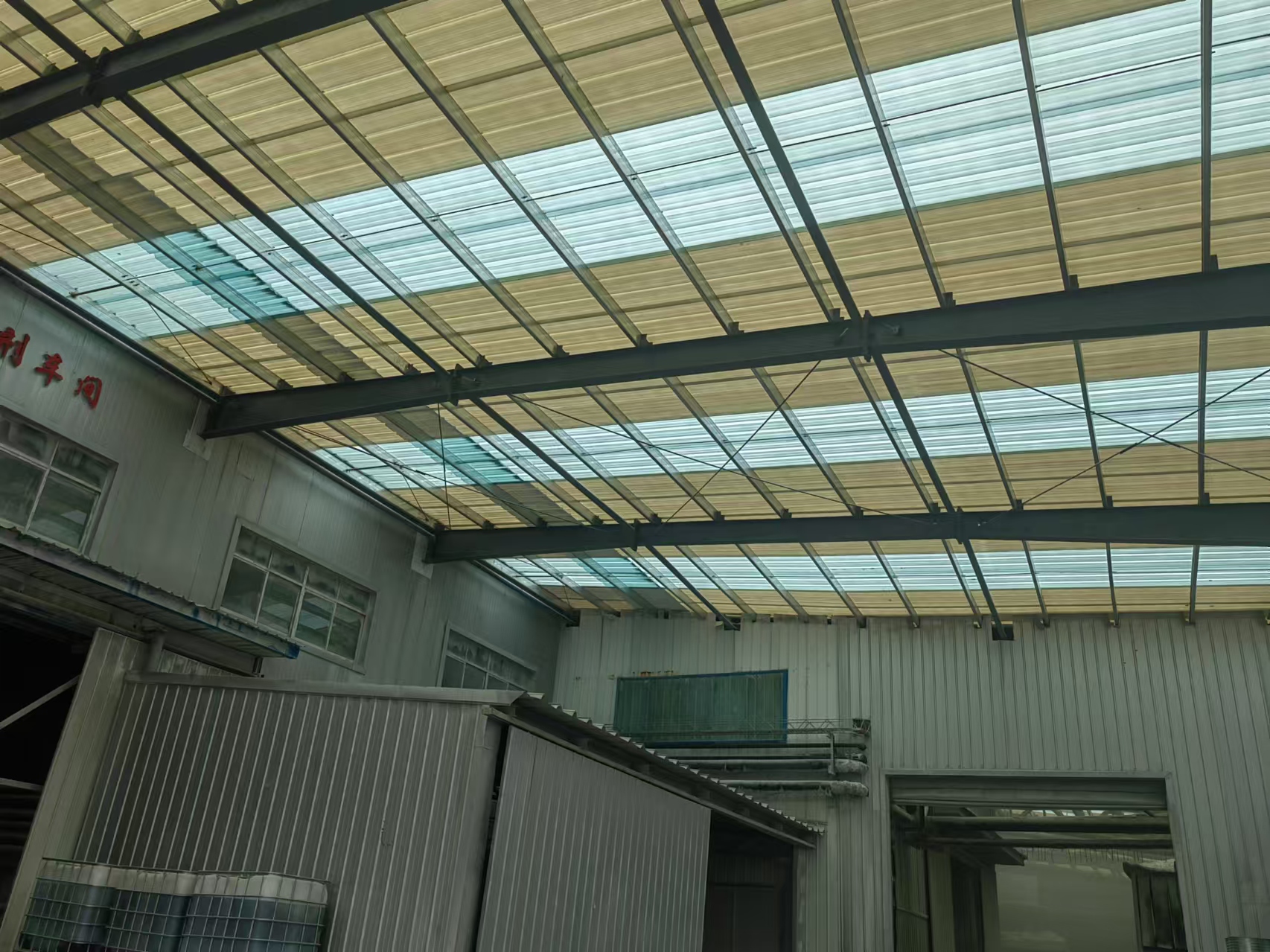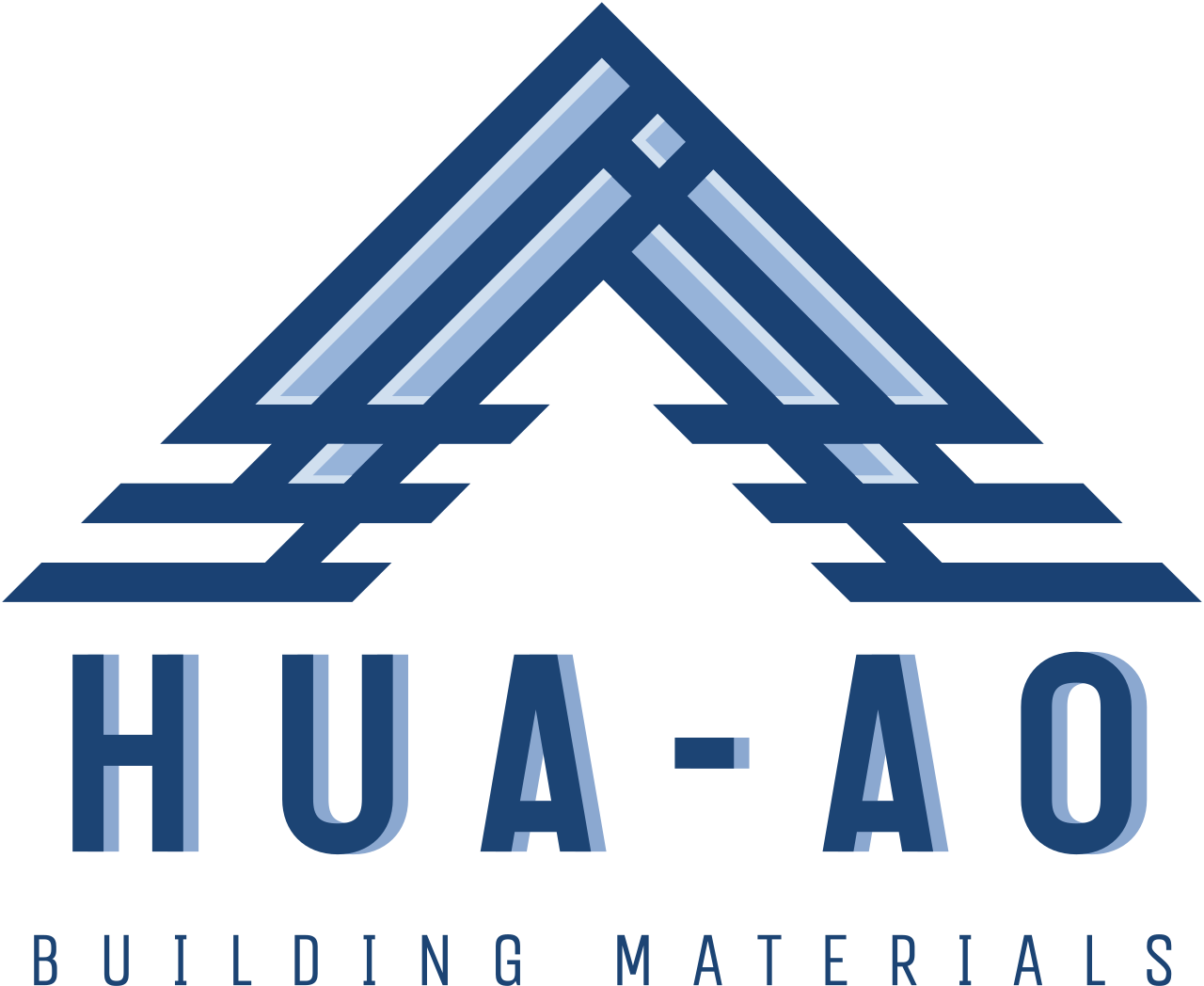
In industries where materials are constantly exposed to harsh chemicals, moisture, and extreme environments, the need for durable, long-lasting solutions is crucial. One material that stands out for its exceptional performance in these settings is FRP (Fiberglass Reinforced Plastic) sheets. One of the most significant advantages of FRP is its anticorrosive properties. But what makes FRP sheets so resistant to corrosion? Let’s take a closer look.
1. Resin Matrix: The Protective Layer
FRP sheets are composed of a resin matrix, typically made from materials like polyester, vinyl ester, or epoxy resins. These resins are key to the sheet's anticorrosive nature. Each type of resin offers different levels of resistance to chemicals, with vinyl ester being particularly strong against highly aggressive environments. These resins create a barrier that shields the sheet from corrosive elements such as acids, alkalis, salts, and moisture.
2. Fiberglass Reinforcement: Strength and Resistance
The fiberglass within FRP sheets not only reinforces the material but also contributes to its resistance to corrosion. Fiberglass has an inherent ability to withstand exposure to chemicals and UV radiation without degrading, unlike traditional materials such as steel or wood. This makes FRP ideal for environments where long-term exposure to corrosive agents is unavoidable.
3. Non-reactive Surface: The Power of Non-metallic Materials
Unlike metals that corrode when exposed to moisture and oxygen, FRP is a non-metallic material. This means it doesn't rust or oxidize. The non-reactive surface of FRP sheets prevents corrosion, even in environments that would otherwise degrade traditional materials. This non-metallic property makes FRP sheets a durable alternative to metals in industries like construction, chemical processing, and marine applications.
4. Seamless and Non-porous Structure
Another significant factor contributing to the anticorrosive nature of FRP sheets is their smooth, non-porous surface. This seamless surface acts as an additional barrier, preventing corrosive substances from penetrating the material and reaching its core. With fewer chances for corrosive agents to enter the sheet, the FRP material remains intact and performs reliably over time.
5. Customizable for Harsh Environments
One of the most versatile aspects of FRP sheets is their ability to be customized. By selecting specific resins and additives, manufacturers can tailor FRP sheets to withstand particular chemicals or conditions. This makes FRP sheets an adaptable solution for environments ranging from chemical processing plants to wastewater treatment facilities and marine environments, where corrosion is a constant challenge.
The Advantages of Using FRP Sheets
The unique composition of FRP sheets provides industries with a material that offers unmatched corrosion resistance. As a result, FRP sheets are frequently used in settings that require durable, low-maintenance materials. They reduce the need for frequent repairs or replacements, helping businesses save on long-term costs. Moreover, FRP sheets are lightweight and easy to install, further adding to their appeal in a wide range of applications.
Conclusion
FRP sheets are revolutionizing industries by offering a corrosion-resistant solution that outperforms traditional materials like steel and wood. Their resin matrix, fiberglass reinforcement, and non-porous surface make them highly resistant to the damaging effects of chemicals, moisture, and extreme environments. For businesses in need of long-lasting, durable materials, FRP sheets are an ideal choice for ensuring efficiency and reducing maintenance costs over time.
With FRP sheets, industries can focus on productivity without the constant worry of material degradation, making them an excellent choice for any corrosive-prone environment.












